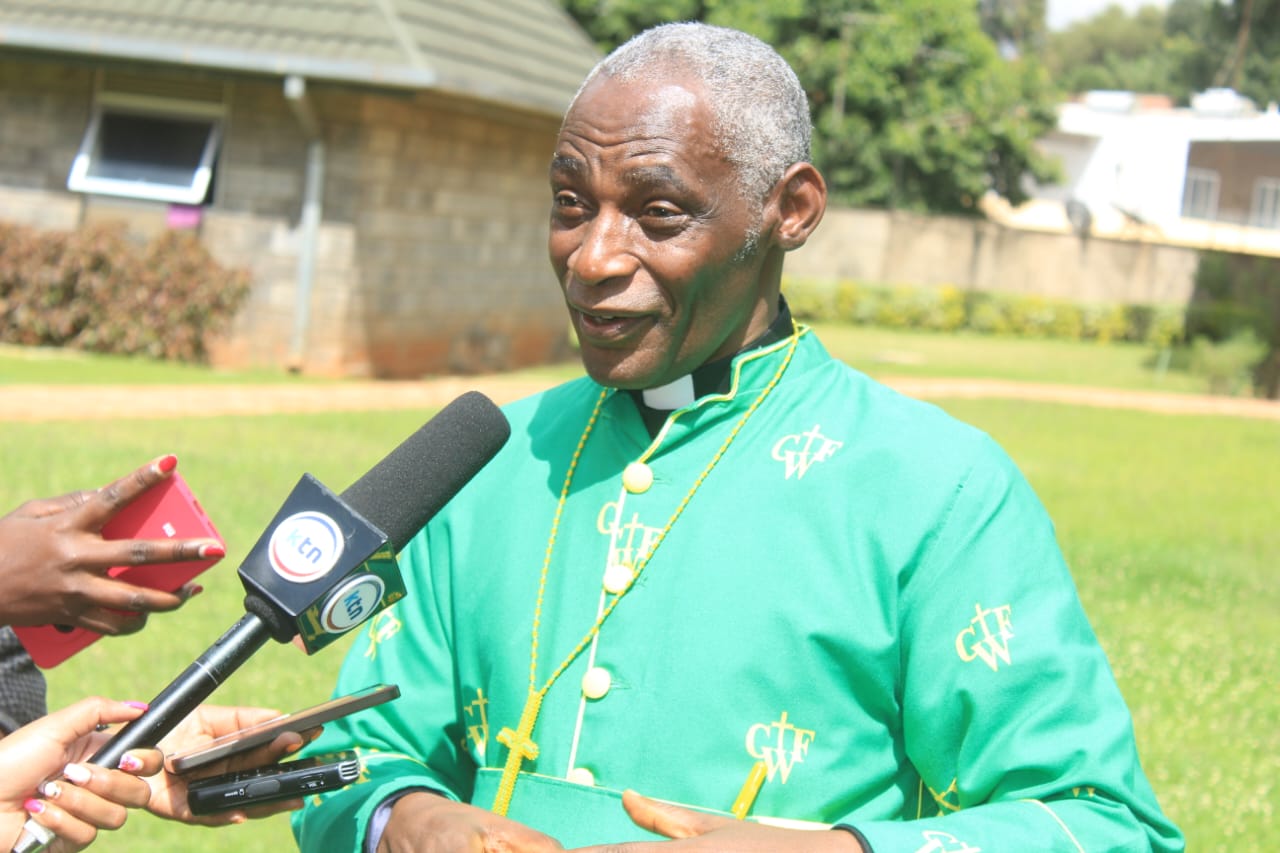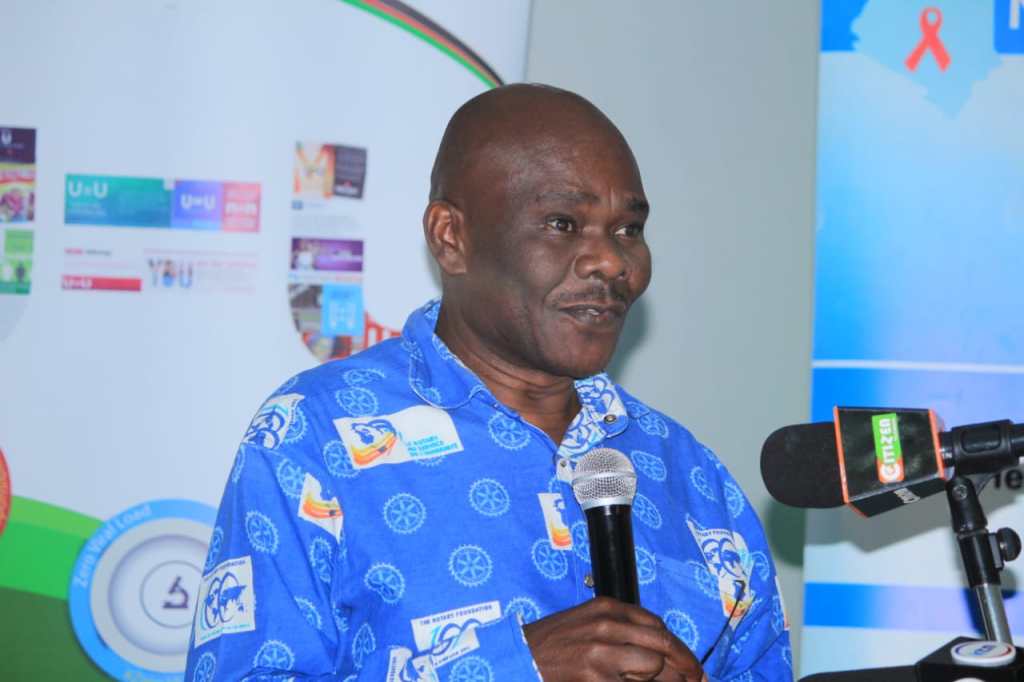
Faith leaders urge stronger Global Fund support for HIV, TB, Malaria
A coalition of religious leaders under the World Council of Churches, together with individuals living with and affected by HIV, Tuberculosis, and Malaria, is urging governments and donor nations to strengthen their support for the Global Fund to ensure sustained and effective responses to these diseases.
Speaking in Nairobi on Thursday 29th May 2025, during a meeting to review the progress of Global Fund’s Eighth Replenishment Investment Case, the stakeholders expressed fear of being left behind as major international donors continue to withdraw support from health programs that save lives.
Early this year, US President Donald Trump put a halt on foreign aid, a decision that affected all financial support distributed by the United States Agency for International Development (USAID).
The decision has had a profound worldwide, more so in Africa.
The Global Fund’s Eighth Replenishment Investment Case, launched on February 18, 2025, seeks at least US$18 billion over the 2026-2028 cycle to fight HIV, TB, and malaria, and strengthen health systems.
This replenishment aims to save millions of lives, prevent new infections, and improve health system resilience against pandemics. The stakeholders urged governments to honour their financial obligation to Global Fund so that this target can be realized.
Nelson Otwoma, Executive Director of National Empowerment Network of People Living with HIV/AIDS in Kenya (NEPHAK) revealed that Kenya, for example, committed US$ 10,000 to Global Fund, a promise that is yet to be honoured by government.
‘Kenya for instance, committed 10,000 dollars to Global Fund, in support of TB, Malaria and TB programs, a promise that is yet to be honoured. Although the Ministry of Health promised to pay, so we are still waiting’.
He noted. Failure for governments to act is a threat to the gains made in eliminating the three killer diseases.
Canon Prof.Gideon Byamugish, Co-founder, International Network of Religious leaders living with HIV, Uganda, noted that stakeholders need to work together to stop new HIV infections among children, expectant mothers, young people and the general population.
“HIV/AIDS is a cross-border problem which requires inter-nation, inter community and inter security resource mobilization. We need to collaborate to ensure HIV-related deaths are reduced, first is by govt investing in its people to end stigma, so that People Living With HIV/AIDS (PLWHA) like myself can have the confidence of going for HIV testing”, he said.
The clergy added that as the religious communities, they are working together to end stigma, shame, the denial and discrimination which is hindering the target of ending AIDS by 2030.
“The biggest stigma is associating HIV infection with immorality, people look at me and say, oh he is a priest and he is positive, how come! What sins is he hiding? I’m the first religious leader in Africa to disclose my HIV status, way back in 1992. Since then, we have formed a network of religious leaders living with or affected with HIV.” He added.
We have 16 networks across the African continent comprised of about 42,000 members’ disclosed Rev Canon Byamugish.
Nelson Otwoma, the Executive Director, NEPHAK pointed out that there is a lot of anxiety and panic after indication that available ARVs in the country will only last up to September this year, forcing health workers to start rationing ARVs, instead of giving clients drugs to last a longer period.

Otwoma however said Kenyans should not panic urging government to allocate funds for procurement of ARVS.
“I don’t think there is a cause for alarm, the communication came in February that US funding may not be there, Global Fund is also reducing support by 30 percent. We hope government will allocate budget for ARVs procurement before the stocks we have now run out. There is time for government to procure medicine, they don’t need to import like before, since a manufacturing facility has been established in Kiambu, Kenya.” The Clergy remarked.
The stakeholders were concerned that research on HIV across the globe, like on medicines like PrEP was stopped due to reduced donor funding, citing that this is a drawback to the progress made in HIV response over the years.
Canon Byamugish called on faith communities to work with PLWHA religious to overcome miscommunication, mis-action and make sure that those who need love most, get it first.
The partners called on governments to review health budgets, increase domestic funding, and progressively take responsibility for programs previously supported by international donors.
